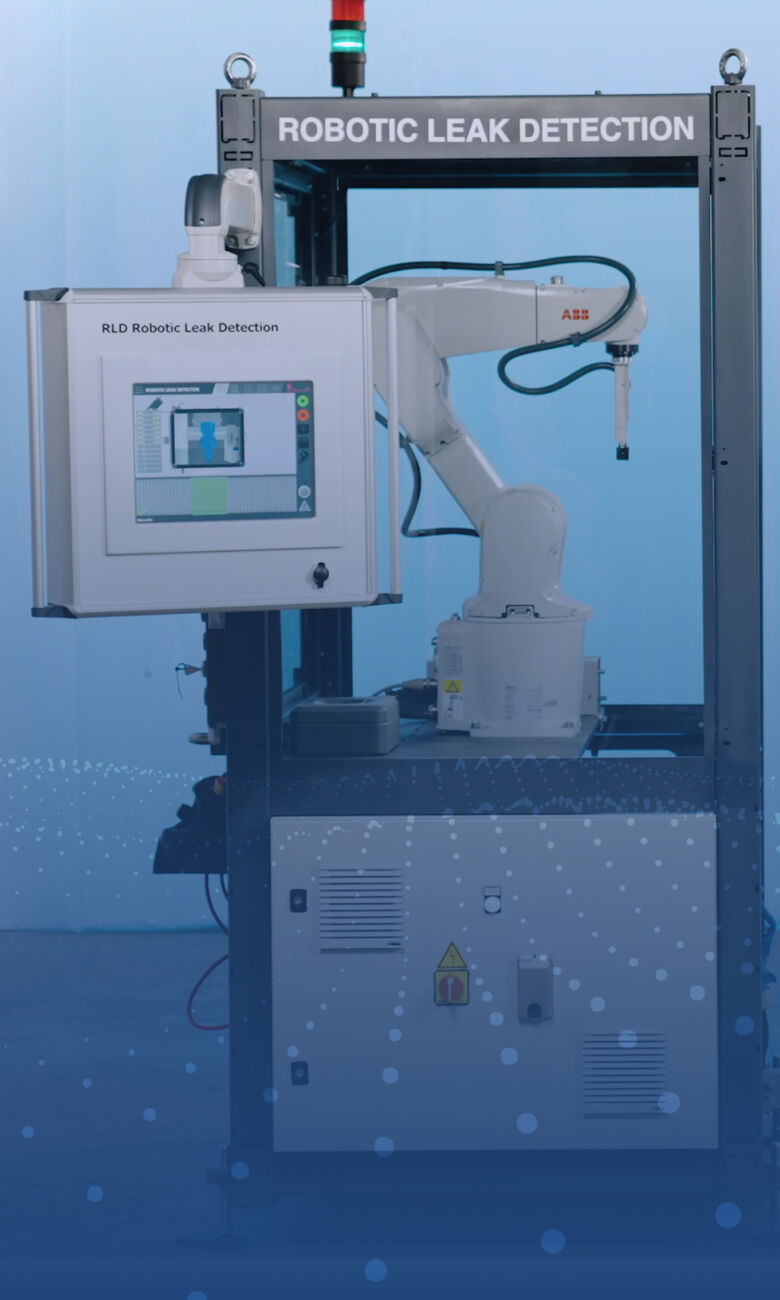INFICON News
Erfahren Sie mehr über unsere Produkte und Dienstleistungen.
Related webinars
Webinar
Wie man mit EcoBoost (früher I-Zero) die Effizienz bei der Vakuumdichtheitsprüfung erhöht
50 min
Englisch
Webinar
Finden Sie das beste Pirani-Messgerät
Für Ihre Vakuumanwendung
52 min
Englisch
Webinar
Haben Sie Ihren Prozess unter Kontrolle mit dem Augent OPG550?
Die intelligente Lösung zur Vakuum-Gasüberwachung in Echtzeit
40 min
Deutsch
Webinar
Produktionsoptimierung - Teil I
Wie messen Sie die Performance Ihrer Produktion?
50 min
Englisch
Webinar
Produktionsoptimierung - Teil III
Wie messen Sie die Performance Ihrer Produktion?
50 min
Englisch
Webinar
Haben Sie den Druck unter Kontrolle?
Drucksteuerung und -überwachung bei SEMI ALD Prozessen
1 h
Englisch
